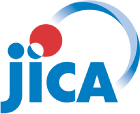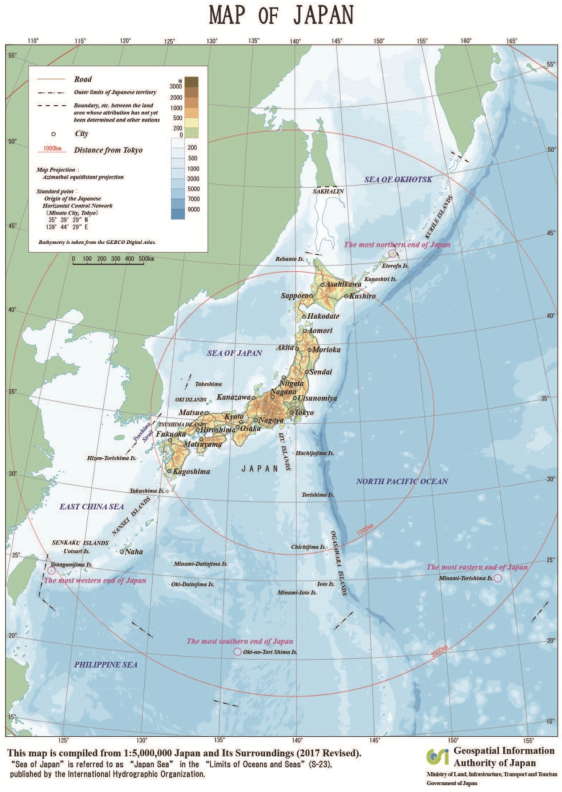whose purposes are to supplement private financing in their respective fields of activity, and Development Bank of Japan Inc. (“DBJ”) and The Shoko Chukin Bank (“SCB”), which will be privatized.
The central government has been steadily promoting reform of governmental financial institutions. The “Outline of Administrative Reforms” decided by the Cabinet on December 1, 2000, requires that the businesses and organizational forms of all special public institutions, which include governmental financial institutions, undergo a thorough review. Pursuant to the Act on Promotion of Administrative Reform for Realization of Small and Efficient Government (the “Administrative Reform Promotion Act”), which was enacted on May 26, 2006, (1) the former Development Bank of Japan was succeeded to by DBJ as of October 1, 2008, which is currently wholly owned by the Japanese government and will be privatized, (2) the international financial operations of JBIC, together with the functions of NLFC, JASME, AFC were transferred to JFC as of October 1, 2008, and the overseas economic cooperation operations of JBIC were transferred to JICA, and (3) as of October 1, 2008, Japan Finance Corporation for Municipal Enterprises was succeeded by Japan Finance Organization for Municipalities, which is funded by local governments. Each of these measures was implemented through individual laws that were enacted in 2007, pursuant to which these successor institutions were formed on October 1, 2008.
With regard to (1) above, as originally enacted, the Development Bank of Japan Inc. Act (Act No. 85 of 2007), as amended (the “DBJ Act”), contemplated full privatization of DBJ over a period of five to seven years from its establishment on October 1, 2008. During that time period, the DBJ Act (as originally enacted) provided that the Japanese government would dispose of all of the common stock of DBJ that it currently owns (the “full privatization”), and that steps would be taken to abolish the DBJ Act promptly after the full privatization. On June 26, 2009, the Japanese Diet approved the Act for Partial Amendment of the Development Bank of Japan Inc. Act (Act No. 67 of 2009) (the “2009 Amendment Act”), which, as part of the Japanese government’s response to economic and financial crises, enables the Japanese government to strengthen DBJ’s financial base through capital injections up to the end of March 2012. In addition, under the Amendment Act, the targeted timing for the full privatization of DBJ has been extended to approximately five to seven years from April 1, 2012. Further, the Amendment Act provides that the Japanese government is to review the organization of DBJ, including the way of the Japanese government’s holding of the DBJ shares, by the end of fiscal year 2011, and until such time, the Japanese government shall not be disposing of the DBJ’s shares held by it. Additionally, on May 2, 2011, in order to address the Great East Japan Earthquake of March 11, 2011, the Japanese Diet approved the Act for Extraordinary Expenditure and Assistance to Cope with the Great East Earthquake (Act No. 40 of 2011) (the “Extraordinary Expenditure Act”). The Extraordinary Expenditure Act enables to the Japanese government to strengthen DBJ’s financial base through capital injection through March 2015 so that DBJ can smoothly implement its crisis response operations. In addition, under Extraordinary Expenditure Act, the targeted timing for the full privatization of DBJ has been extended to approximately five to seven years from April 1, 2015. Further, the Extraordinary Expenditure Act provides that the Japanese government is to review the organization of DBJ, including the way of the Japanese government’s holding of the DBJ’s shares by the end of fiscal year 2014, and until such time, the Japanese government shall not dispose of the DBJ’s shares held by it. On May 13, 2015, the Japanese Diet approved the Act for Partial Amendment of the Development Bank of Japan Inc. Act (Act No. 23 of 2015) (the “2015 Amendment Act”), under which the specific targeted timing for the full privatization of DBJ has been withdrawn and taking into consideration the current business environment in the private financial sector, DBJ, utilizing its investment and loan functions, is to take measures necessary for implementing the its crisis response operations and supply of growth capital—that is, DBJ is to take all possible measures to supply funds to deal with large-scale disasters, economic crises and so forth, and to promote the supply of growth capital to revitalize regional economies and to reinforce the competitiveness of enterprises. In order to assure the sufficient implementation of the necessary operations, under the 2015 Amendment Act, the Japanese government shall maintain its stake in excess of one-third for DBJ’s crisis response operations, and one half or more for DBJ’s special investment operations, for as long as the government shall take such measures. Furthermore, on May 22, 2020, the Act for Partial Amendment of the Development Bank of Japan Inc. Act (Act No. 29 of 2020) was promulgated, under which, the time limit of DBJ’s special investment operations has been extended by five years.
34

